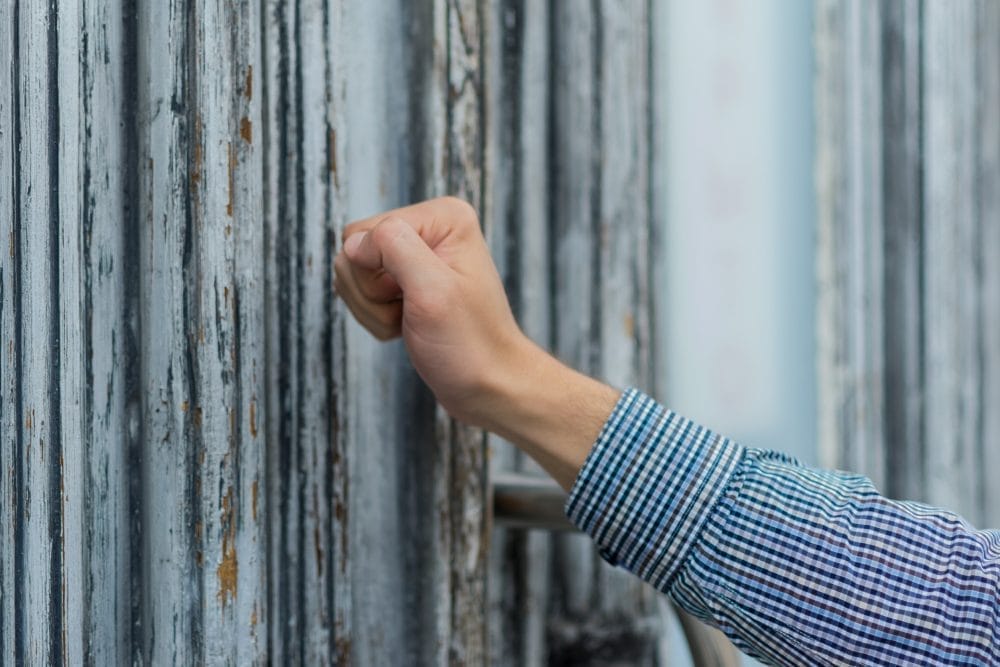Politeness is like a social currency, but what passes for good manners in one era can feel out of touch, awkward, or even rude in another. Cultural norms shift, people evolve, and the once well-meaning gestures that grandparents swore by might come off as tone-deaf today. These outdated niceties often linger out of habit, taught by parents or absorbed from old movies and etiquette books. But in the modern world—where inclusivity, consent, and individuality matter more than ever—some gestures simply no longer serve the purpose they once did.
1. Insisting Someone Eat More Food
For generations, hosts have believed it is gracious to push more food onto guests’ plates, insisting they “just have a little more.” While the intention is generosity, today’s guests often find this uncomfortable, especially if they have dietary restrictions or prefer to eat lightly. Modern etiquette respects each person’s autonomy and boundaries, including the right to decline seconds without guilt or obligation. Pressuring someone to eat more can feel intrusive and may put them in an awkward spot at the table. A warm offer once is fine, but insistence is no longer seen as hospitable.
2. Dropping By Without Notice
Once upon a time, neighbors popped over unannounced for coffee or a chat, and it was a sign of warmth and community. These days, most people treasure their privacy and downtime, making surprise visits feel intrusive instead of neighborly. The polite move today is to text or call first, respecting people’s schedules and personal space. With so many working from home or balancing busy family lives, an unexpected knock at the door can feel more like an interruption than a pleasant surprise. Modern manners favor planned connections over spontaneous drop-ins.
3. Complimenting Weight Loss
Telling someone they look great because they have lost weight used to be a standard way to flatter and encourage. But this once-common compliment has grown complicated as awareness of body image and mental health has evolved. Many find these comments uncomfortable because they imply the previous appearance was undesirable or that the worth of the item is tied to size. Compliments that focus on health, energy, or style tend to feel more appropriate and less loaded. What feels polite to say may unintentionally highlight insecurities or personal struggles.
4. Giving Unsolicited Life Advice
Offering advice, especially to younger people, once signaled care and wisdom—an elder’s way of passing down hard-earned lessons. However, unsolicited opinions on someone’s career, relationships, or family planning can now come across as patronizing or intrusive. Many prefer to seek guidance when needed rather than have it forced upon them. The polite path today is to ask permission before giving advice or to wait until it is requested. Well-meaning counsel, without invitation, may feel more critical than supportive.
5. Holding Doors For Everyone Without Consent
Holding the door open for the person right behind remains a kind gesture, but holding it for someone far away or insisting when they wave it off can be awkward. What once felt chivalrous may feel patronizing if it ignores the other person’s pace or preference. People appreciate thoughtfulness, but they also value autonomy and the freedom to manage simple tasks independently. Modern courtesy means reading cues and not forcing the gesture when it is declined. Sometimes the insistence can feel more like an obligation than a kindness.
6. Calling Instead of Texting
In an age of instant messaging, a surprise phone call can feel unexpectedly intrusive rather than considerate. For decades, picking up the phone was the polite way to check in or express gratitude, but now many prefer the non-intrusive nature of texts or emails. A phone call can disrupt work, relaxation, or family time, leaving the recipient scrambling to respond in real-time. Texts give people the chance to reply when they choose, which aligns with the modern preference for boundaries and a sense of balance. What once felt personal can now feel demanding.
7. Asking People When They Will Have Kids
Curiosity about when a couple plans to have children was once common small talk, considered a polite way to show interest in someone’s future. Today, such questions are widely regarded as invasive and insensitive, as they touch on deeply personal decisions that may involve private struggles. Fertility, finances, and life goals are no longer assumed to follow a single timeline. The modern standard of courtesy respects boundaries and refrains from pushing people into uncomfortable disclosures. Well-intentioned or not, this question is better left unasked.
Times Change, And So Do Manners
Society’s definition of politeness continues to shift, reminding everyone that good manners are rooted in respect, not rigid tradition. Being thoughtful today means staying aware of how words and actions land with people whose experiences may differ. Small gestures that once seemed warm and generous can feel outdated if they ignore modern sensibilities or personal autonomy. True courtesy adapts to the times and focuses on making others feel seen, heard, and comfortable. If any of these habits persist in daily interactions, consider revising them to better align with today’s understanding of genuine kindness.
What other “polite” habits do readers think should be retired for good? Share a thought or add a comment—everyone’s insight can help keep the art of good manners fresh and meaningful.
Read More
8 Common Manners That Are Now Considered Passive-Aggressive
10 Modern Manners That Actually Make You Look Rude







